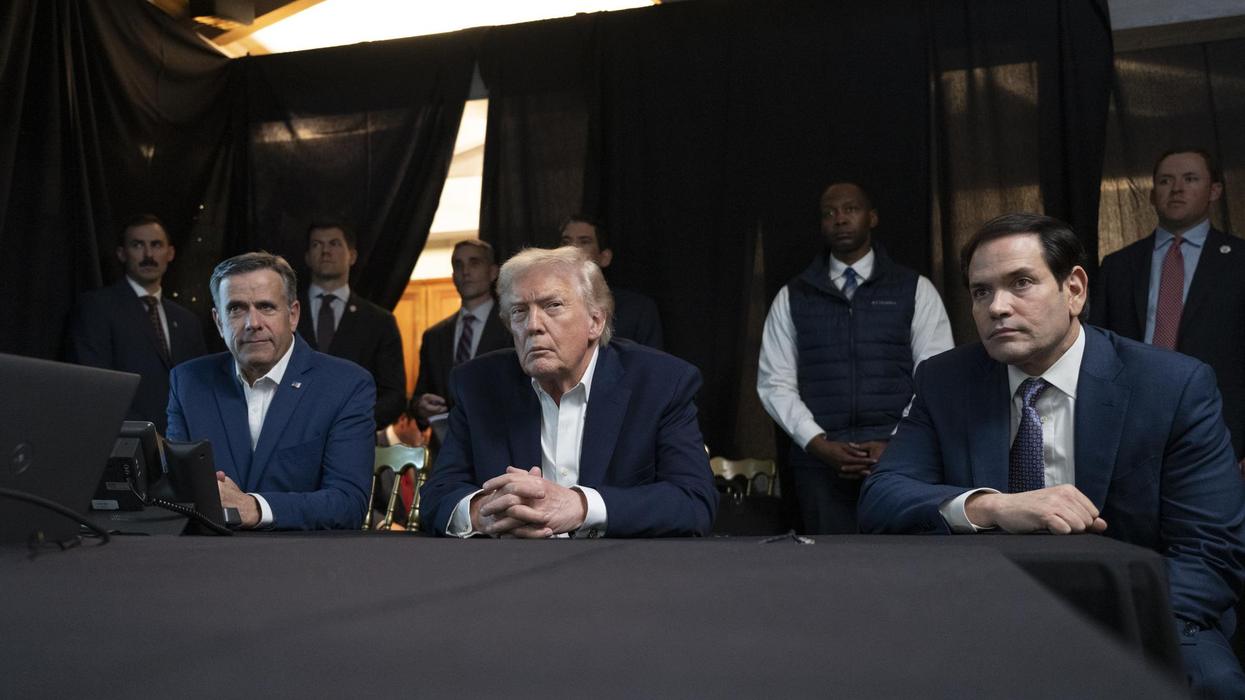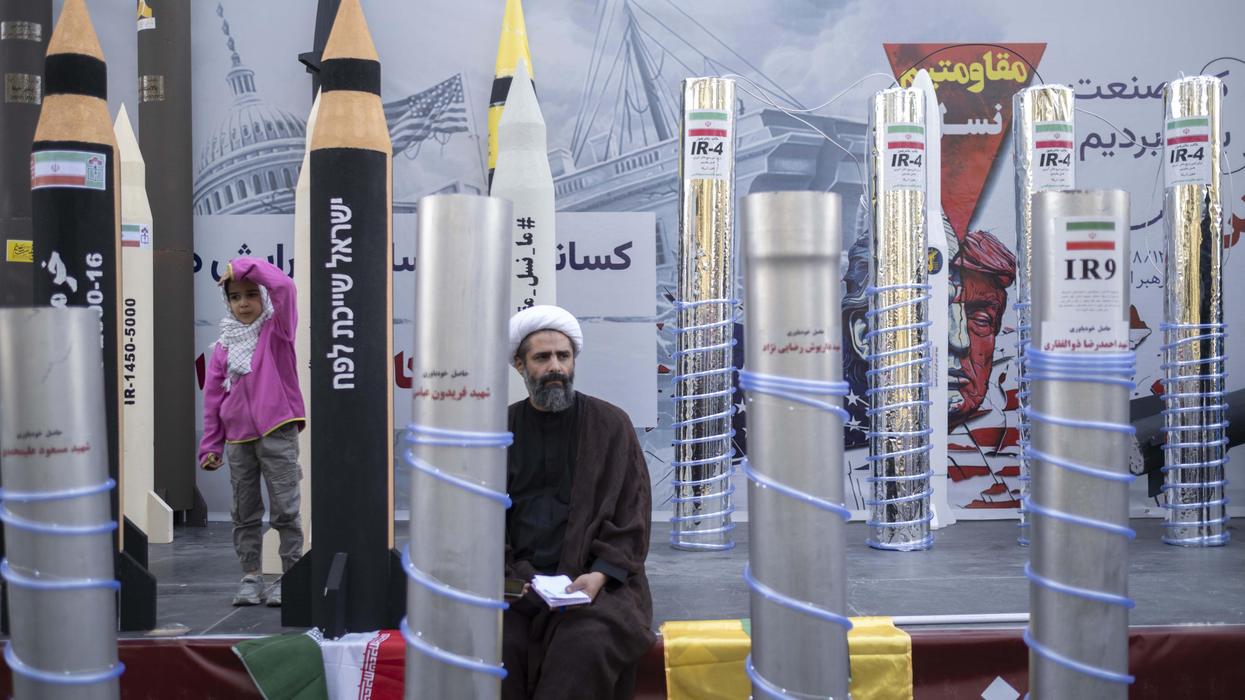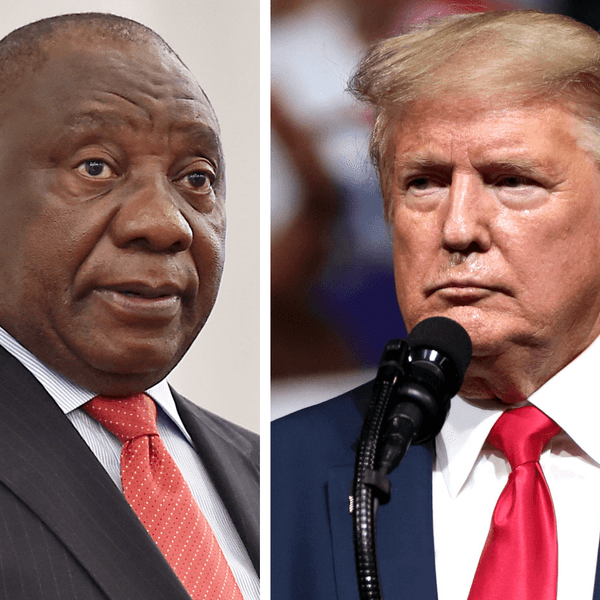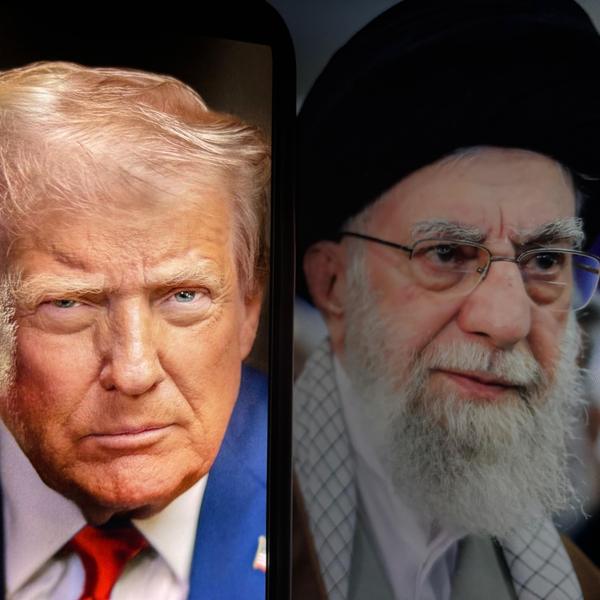The reports that say John Kerry is going to China to discuss climate change, if proved correct, are good news for the United States, China and frankly, humanity.
China is the world’s largest emitter of carbon gases, with 28 percent of the total. The United States is the second largest with 15 percent, and is far ahead of China in emissions per capita. Action by Beijing and Washington alone would therefore make an immense contribution to reducing the threat of climate change. Disputes between the two were central to the failure of the Copenhagen talks on climate change in 2009, just as US-Chinese compromise was central to the Paris agreement of 2016.
Of course, only a few months later the new Trump administration pulled out of the Paris agreement, reversed the Obama administration’s policy, and reverted to denial of the very existence of anthropogenic climate change. This illustrates a key problem for the United States in climate change negotiations, and indeed for U.S. international relations more generally: reliability. Why should other states make serious concessions when any agreement reached by one White House may be torn up by the next one?
If the U.S. problem is reliability, the key Chinese one can be summed up in one word: coal. China has made extremely impressive strides in the development of alternative energy technologies, in which it now leads the world. At the same time, though coal’s share in Chinese electricity generation dropped from around 70 percent in 2010 to 56.8 percent in 2020, the huge growth in Chinese electricity demand meant that the actual volume of coal consumption rose 19 percent, to 53 percent of the world total.
These respective American and Chinese histories mean that there is absolutely no room on either side for hypocritical moral grandstanding on this issue. China cannot deny its continued increase in coal consumption, which contradicts the spirit of its pledges on climate change. The Biden team must not continue their previous campaign rhetoric about Biden stopping other countries from “cheating on their climate commitments." America’s own record simply does not permit such language.
John Kerry has expressed the hope that climate change can be made a “stand-alone issue,” isolated from U.S. pressure on China in other areas; but this will be very hard to achieve. Kerry has stated that, “obviously we have serious differences with China. Those issues will never be traded for anything that has to do with climate. That’s not going to happen.”
For years, American policymakers similarly dreamed that they could preserve cooperation with Russia in certain areas while attacking what Moscow saw as its vital interests in others. This proved to be pure fantasy.
If the administration wished to maintain a firm line towards China on certain issues while at the same time preventing an overall collapse in relations, it should have started off by stressing common interests in limiting climate change, and used that as a way of establishing a better atmosphere for relations in general. Instead, it began with arrogant bluster that will make negotiations on every issue more difficult.
Much of the Washington foreign policy commentariat has placed the threat of climate change amidst a host of other “priorities” in relations with China that future historians are likely to regard as virtually insignificant by comparison. Two in particular may be mentioned in this context: the Chinese occupation of uninhabited reefs and sandbanks in the South China Sea, and Sino-Indian clashes over small and largely uninhabited territories in the Himalayas.
If we fail to limit climate change and sea levels rise drastically, then those sandbanks will all be under water sometime next century, and our descendants are going to find it very hard indeed to understand what all the fuss was about. If the Himalayan glaciers disappear as a result of climate change, drastically reducing the rivers on which hundreds of millions of South Asians depend for their water, it is very unlikely that future historians will think that Chinese possession of the Galwan Valley was really the most important Himalayan threat to India and the world.
U.S. climate change policy towards China will naturally contain strong elements of competition, for example in the production and sale of electric cars. This is not in itself a bad thing, if it promotes alternative energy and technological progress in the United States and the sort of positive, non-military contributions to human advancement in general that characterized the space race between America and the Soviet Union.
At the same time, however, the Biden administration should explore the possibility of co-operation with China on joint projects in areas where competition is not yet locked in: notably, the attempt (which may of course fail) to develop carbon capture technologies on a scale large enough to bring about serious reductions. It would also be worth exploring how the U.S. and China could lead future international efforts in “geo-engineering,” especially in the Arctic, if sufficiently rapid reductions in emissions prove impossible and climate change risks accelerating out of control. Should this one day prove unavoidable, it is essential that it should be done by international agreement and not by great powers competing for national advantage. Washington and Beijing could also jointly pledge to dedicate much greater resources to the Green Climate Fund to help the developing world grow in less carbon-intensive ways and adapt to the harmful effects of climate change.
It may also be necessary for Washington to threaten new tariffs on Chinese imports linked to emissions targets, if only in order to overcome domestic U.S. criticism that by moving away from fossil fuels the country is disadvantaging itself economically. The Biden administration has signaled that it is considering such a tool. Such tariffs will only work however if developed in concert with the European Union (and if possible Japan and South Korea); if they are universal, and do not create exemptions for U.S. partners like India and Saudi Arabia; and if Washington meets those standards itself, and sticks to them. If not, new tariffs would be a terrible blow to US-European relations, to U.S. prestige, and to what is left of a rules-based order in international trade. Above all, in dealing with China on climate change emissions, the Biden administration must always keep in mind that the absolutely central issue is the reduction of Chinese reliance on coal. Pressure on China over this is necessary, but so are offers to share US technology, and of course action by the United States itself to move quickly and completely away from coal.
There is however another factor, which illustrates the difficulty of hoping for progress in one area of relations while promoting hostility in others. The more that China fears a possible U.S. blockade of its seaborne liquid natural gas imports, the more it will continue to rely on domestically-produced coal. So here too, it is not possible to isolate climate change from the wider U.S. security relationship with China.
If the Biden administration is really serious about reducing global carbon emissions, then the issue of Chinese coal consumption will have to be central to both. This will require Washington to pursue strategies that aim to reduce military tensions with Beijing and promote mutual compromise in maritime disputes in the waters around China — an approach that will also have the benefit of promoting peace and stability in Asia.
















